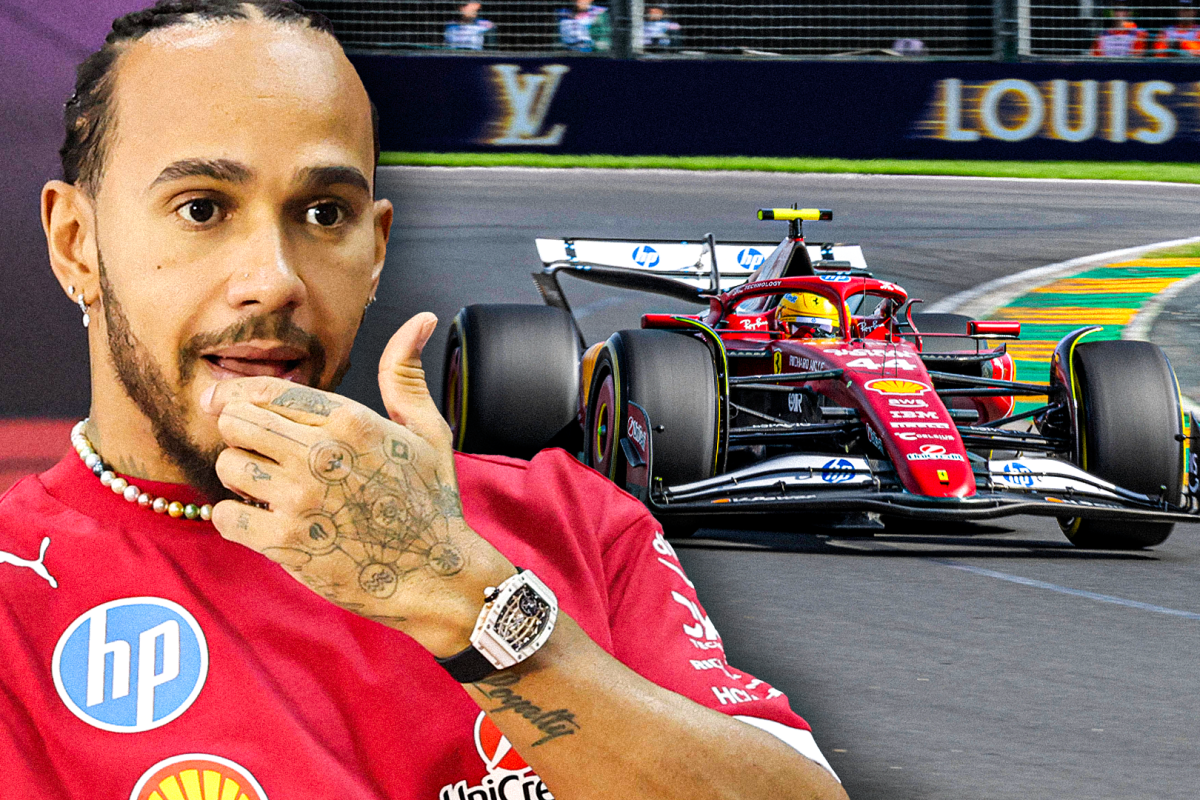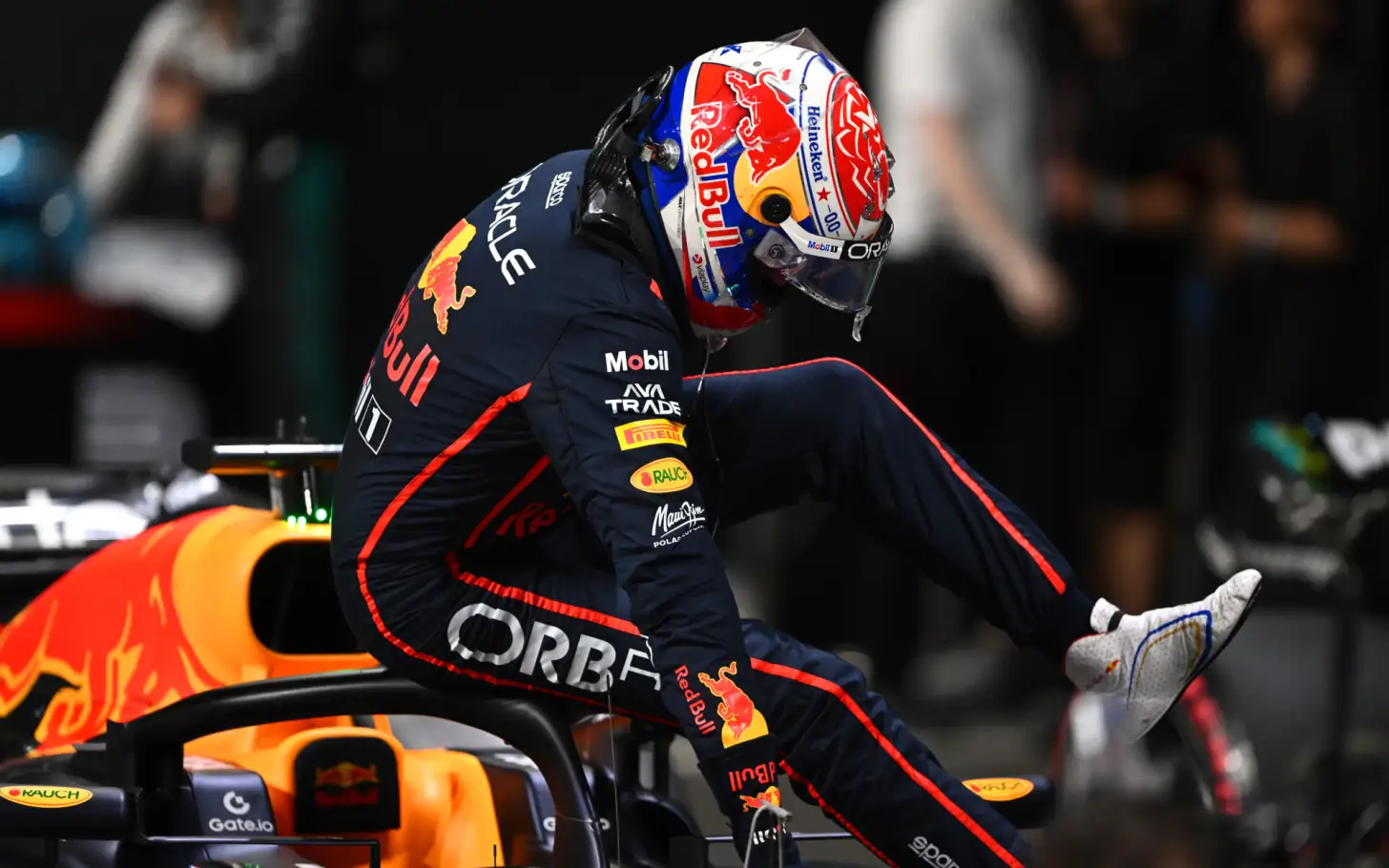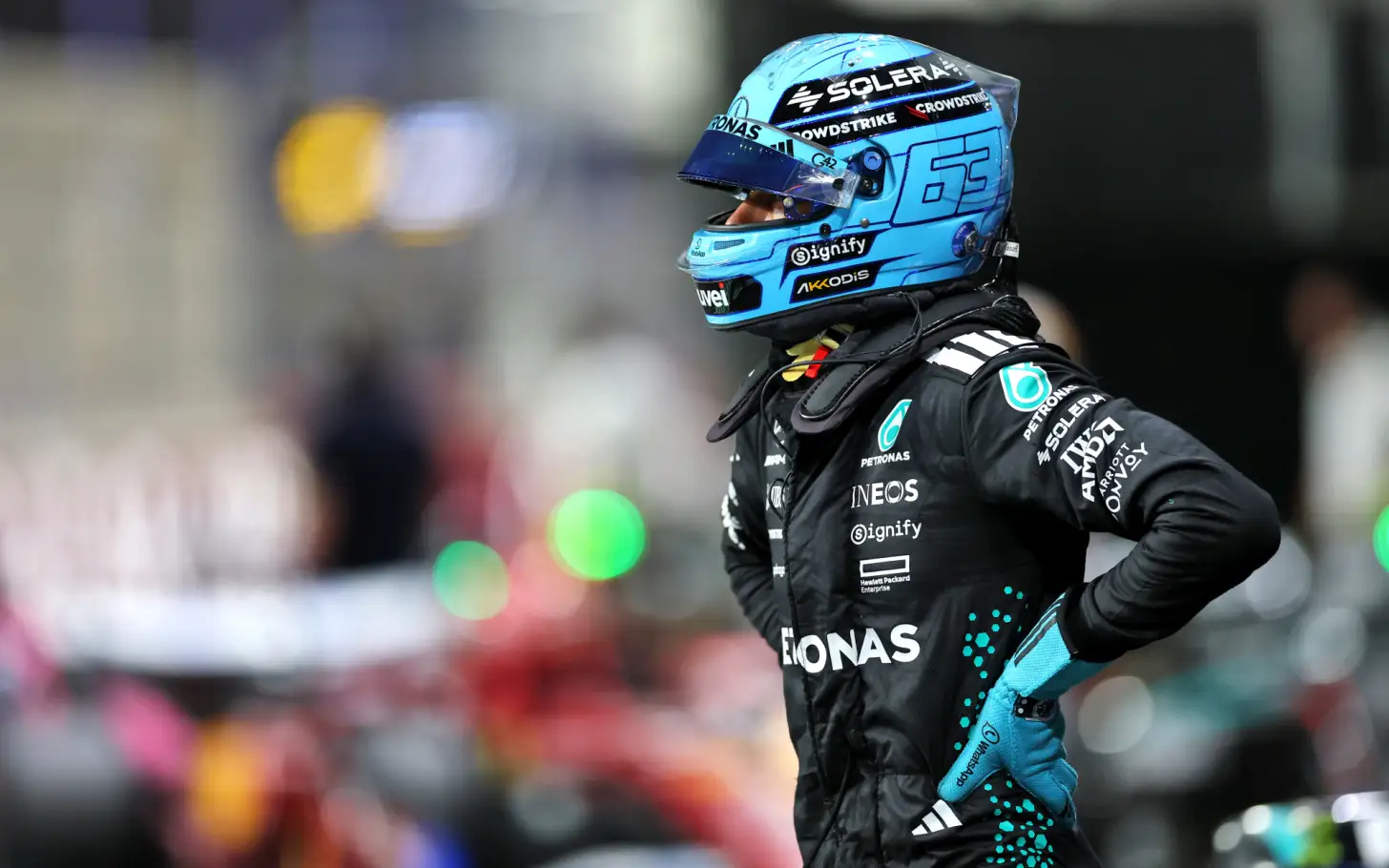Breaking: FIA announce Russell penalty verdict after… Read more
George Russell has held onto his second-place finish at the 2025 Bahrain Grand Prix, following an FIA investigation into a potential Drag Reduction System (DRS) violation. The Mercedes driver, who delivered a strong performance throughout the race, came under scrutiny for allegedly using DRS outside of the permitted zones and conditions.
The DRS system, designed to reduce aerodynamic drag and enhance top speed by opening a flap in the rear wing, can only be used within designated areas of the circuit and when a driver is within one second of the car in front. This rule is enforced to ensure fair play and maintain on-track safety. Following the race, officials initiated a review after it was observed that Russell may have activated his DRS while not meeting the required proximity to the car ahead.
Race footage and telemetry data suggested that Russell had opened his DRS in a zone where he was more than one second behind his competitor, prompting concerns that he might have gained an unfair advantage. In Formula 1, such infractions are typically penalized with time penalties that can significantly alter race results, including dropping a driver off the podium.
However, after a comprehensive review of the incident, the FIA decided not to impose a penalty. While they confirmed that the DRS was engaged outside the allowed conditions, further analysis showed that Russell’s time gain from the move was minimal—estimated at just 0.02 seconds on the straight. Importantly, that slight advantage was more than offset by Russell’s own actions shortly afterward.
Telemetry revealed that Russell deliberately reduced his speed later in the lap, losing approximately 0.28 seconds—ten times the amount he gained with the DRS. This loss appeared to be a conscious move, likely taken in anticipation of a possible penalty or to mitigate any unintentional rule breach. The stewards interpreted this as a self-corrective measure, effectively neutralizing the incident’s impact on the race outcome.
Furthermore, the FIA considered the possibility that the DRS activation may have been unintentional or caused by a technical glitch. No evidence suggested deliberate wrongdoing by Russell or his team, and the stewards acknowledged the complexity of DRS deployment, especially under the high-pressure conditions of a race.
Taking all factors into account—including the negligible advantage, Russell’s compensatory time loss, and the absence of malicious intent—the FIA concluded that the incident did not compromise the integrity of the competition. They emphasized that while rules must be enforced, decisions should also reflect the context and intent behind each situation.
With the investigation closed, Russell retains his second-place finish and the 18 championship points that come with it. This result strengthens Mercedes’ early-season standing and reinforces Russell’s position as a key contender in the 2025 title race.
The FIA’s handling of the situation has been met with approval from fans and pundits alike, who have praised the organization for applying the rules with fairness and nuance. The verdict highlights the importance of evaluating not only the letter of the law but also the circumstances surrounding each incident.
Russell’s performance in Bahrain remains a positive start to his campaign, and Mercedes can move forward with momentum as the season progresses. As Formula 1 continues to evolve with increasingly complex regulations and technologies, decisions like these underline the importance of thoughtful stewarding in preserving the spirit of competition.




